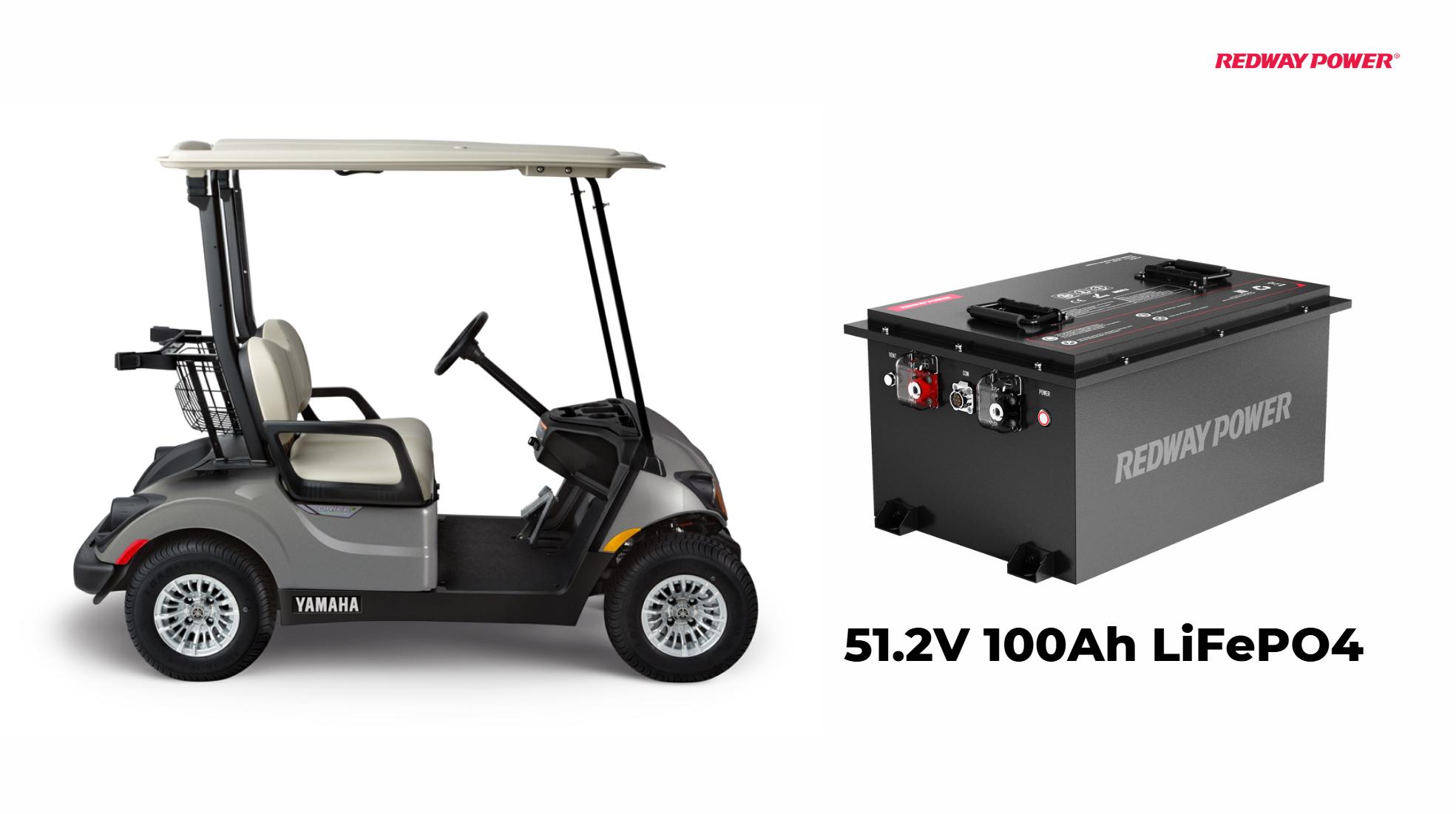How to Make a Golf Cart Street Legal in Kentucky
To make a golf cart street legal in Kentucky, you must comply with specific state regulations. This includes equipping the cart with essential safety features such as headlights, brake lights, turn signals, and a rearview mirror. Additionally, you need to register the golf cart and obtain a title, ensuring it meets local ordinances for operation on public roads.
Latest News
- New Legislation for Golf Carts: Recent updates in Kentucky legislation have clarified the requirements for making golf carts street legal, including necessary safety equipment and registration processes.
- Local Ordinances: Various counties and cities in Kentucky are implementing their own rules regarding golf cart usage on public roads, emphasizing the need for compliance with local laws.
- Increased Popularity of Golf Carts: As more residents look for eco-friendly transportation options, the demand for street-legal golf carts is rising, prompting discussions about infrastructure improvements.
- Safety Awareness Campaigns: Local authorities are launching campaigns to educate golf cart owners about safety requirements and best practices for operating their vehicles on public roads.
Redway Expert Comment
At Redway Battery, we recognize the growing trend of using golf carts as a viable transportation option in urban areas. Ensuring these vehicles are street legal not only enhances safety but also promotes responsible usage. Our lithium LiFePO4 batteries provide reliable power for golf carts, supporting their use in various applications, including street legal modifications.”
Understanding Kentucky’s Requirements for Street Legal Golf Carts
1. Essential Equipment for Golf Carts
To comply with Kentucky law, your golf cart must be equipped with specific safety features:
Headlights and Taillights
Golf carts must have functioning headlights and taillights to ensure visibility during low-light conditions.
Turn Signals
Installing turn signals is crucial for indicating lane changes or turns to other drivers on the road.
Brake Lights
Brake lights are necessary to alert other drivers when the golf cart is slowing down or stopping.
Rearview Mirror
A rearview mirror is essential for safe navigation and awareness of surrounding traffic.
Windshield
While not always mandatory, having a windshield can enhance safety and comfort while driving.
2. Registration and Title Requirements
In Kentucky, registering your golf cart is a crucial step in making it street legal:
Obtain a Title
You must secure a title for your golf cart through your local county clerk’s office. This process typically requires proof of purchase or ownership documentation.
Register Your Golf Cart
Once you have the title, register your golf cart with the county clerk’s office. This may involve filling out forms and paying a registration fee.
3. Insurance Requirements
While insurance is not always mandatory for golf carts in Kentucky, it is highly recommended. Having liability insurance can protect you from potential costs associated with accidents or damages while operating your golf cart on public roads.
4. Local Ordinances and Restrictions
It’s essential to check local ordinances regarding golf cart usage on public roads:
Designated Roadways
Some areas may have restrictions on which roads golf carts can travel. Typically, they are allowed on roads with speed limits of 35 mph or lower.
Age Restrictions
Certain municipalities may impose age restrictions on who can operate a street-legal golf cart. Ensure you are aware of these regulations to avoid fines or penalties.
5. Safety Tips for Operating Golf Carts on Public Roads
When driving your golf cart on public roads, consider these safety tips:
Follow Traffic Laws
Obey all traffic signals and signs as you would in a regular vehicle to ensure your safety and that of others.
Use Hand Signals
If your turn signals are not functioning correctly, use hand signals to indicate turns or lane changes.
Stay Visible
Wear bright clothing and consider adding reflective materials to your golf cart to enhance visibility during the day and at night.
Avoid Distracted Driving
Stay focused while driving by avoiding distractions such as mobile devices or loud music.
Conclusion
Making your golf cart street legal in Kentucky involves adhering to specific equipment requirements, obtaining proper registration and title, understanding local ordinances, and prioritizing safety while driving. By following these guidelines, you can enjoy the convenience of using a golf cart as an eco-friendly transportation option within your community. As this trend continues to grow, staying informed about regulations will ensure a safe and enjoyable experience on the road.
FAQs
What are Kentucky’s requirements for street legal golf carts?
In Kentucky, street legal golf carts must meet specific criteria, including a maximum speed of 35 mph, a valid permit from local authorities, and an inspection by the sheriff’s department. They must also display a slow-moving vehicle emblem and have necessary safety equipment such as headlights, taillights, seat belts, and mirrors.
Do golf carts in Kentucky need to be inspected?
Yes, golf carts must be inspected by the local sheriff’s department to ensure compliance with safety standards before being issued a permit. This inspection verifies that the cart has all required safety equipment, including lights, seat belts, and a slow-moving vehicle emblem. The permit must be displayed on the cart at all times.
Is insurance required for golf carts in Kentucky?
Yes, Kentucky law requires golf cart owners to carry insurance. Proof of insurance must be kept inside the golf cart while operating on public roadways. This ensures that operators are financially protected and comply with state regulations regarding liability while driving their golf carts.
Can minors operate golf carts in Kentucky?
No, individuals under 16 years old are prohibited from operating golf carts on public roadways in Kentucky. All operators must possess a valid driver’s license. This regulation aims to enhance safety and reduce risks associated with inexperienced drivers operating these vehicles on public streets.



